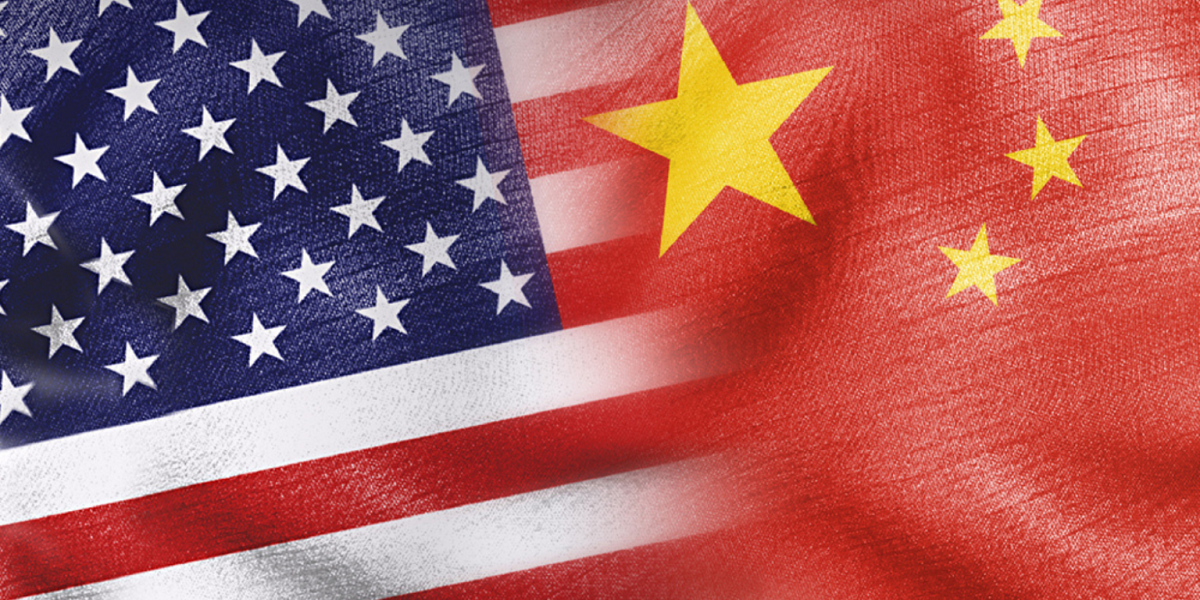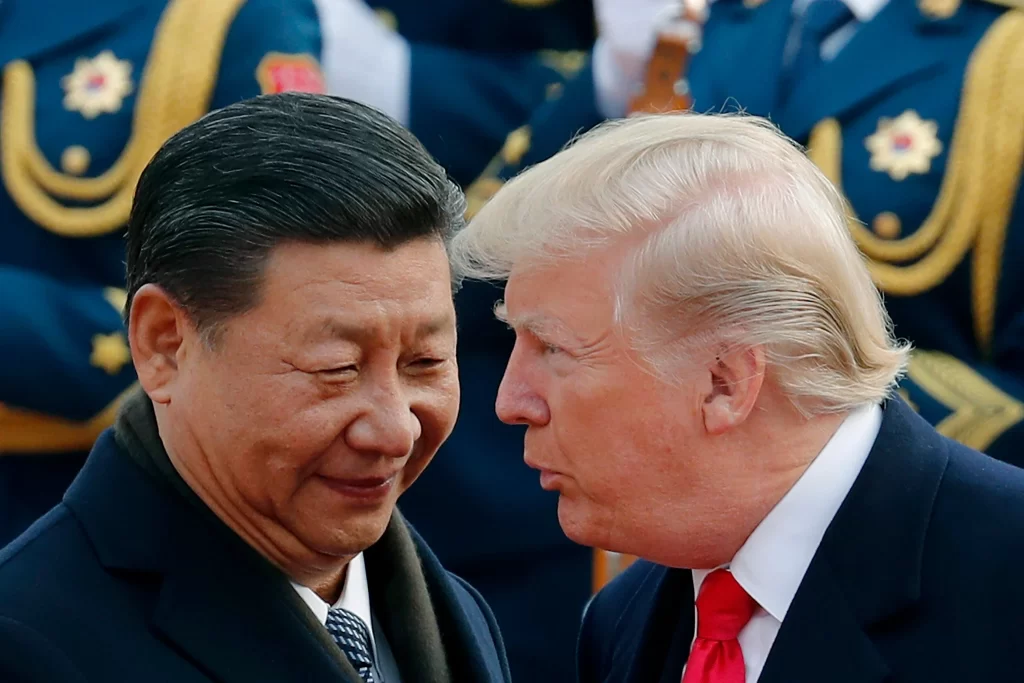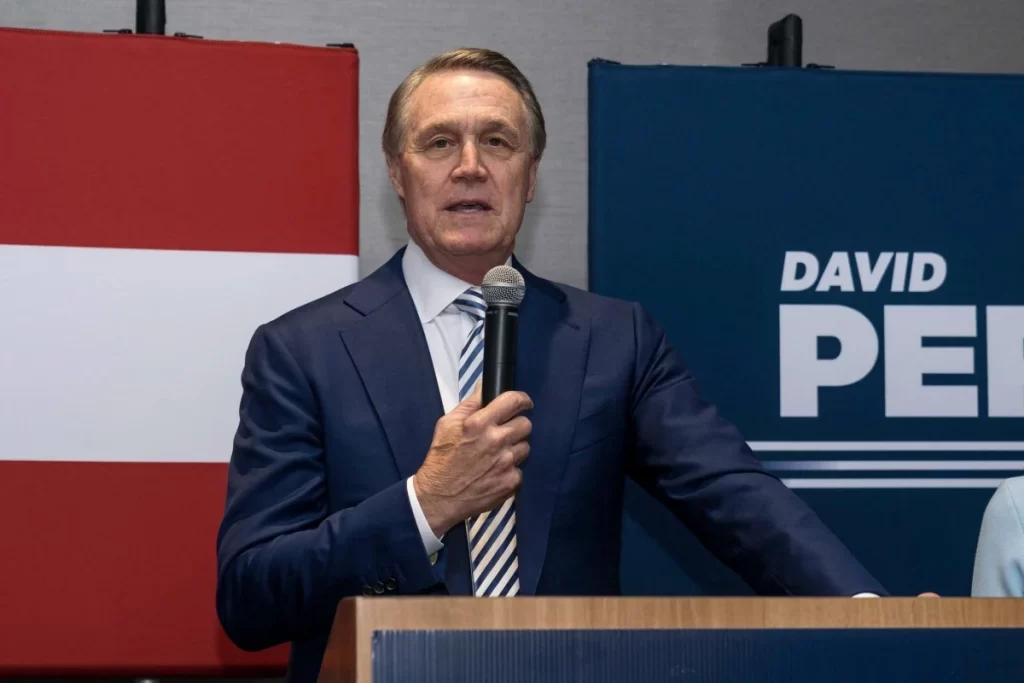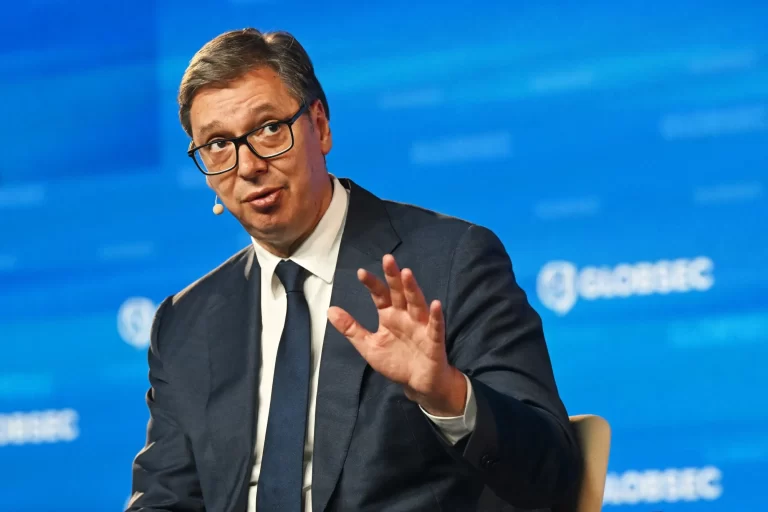
Trump threatens China, but is becoming more pragmatic by the day
Containment of China will be one of Donald Trump’s top priorities. He has already indicated a readiness for a trade war and the use of force. However, Beijing has engaged economic leverage and hit the U.S. military-industrial complex. This is how China showed intransigence and forced Trump to tone down his aggression.
Escalation in the Indo-Pacific region
During the election campaign, Donald Trump promised to declare almost a “holy war” on Beijing, but after becoming the master of the White House, he is showing more and more caution. This can be traced against the background of escalation in the South China Sea, which is considered the most likely theater of operations of a possible future U.S.-China war. Earlier, the Pentagon sent three aircraft carrier strike groups to the Indo-Pacific region at once, although the presence of U.S. aircraft carriers there for the past six months has been minimal. Now the crisis over Taiwan and the Philippines is escalating again, with Biden’s team hastily concluding a military agreement with Manila. The Trump administration inherits another hot spot besides Ukraine and the Middle East, and there could be a surge of violence there at any moment.
Earlier, the White House was caught off guard by one of China’s largest military exercises in 30 years, involving more than 100 ships and dozens of warplanes. Beijing did not notify either the Pentagon or Taipei about the exercises. Moreover, they took place not only around Taiwan, but also along the “first island line”, which includes the Japanese archipelago. This was a response to Taiwanese President William Lai’s tour of Guam with Hawaii and his attempts to find outlets for the Trump team. At the same time, the U.S. Marines are reducing their military presence in Okinawa under a 13-year-old agreement with the Japanese. Nine thousand Marines will be moved to Guam and the closest ridge of Japanese islands to Taiwan. There, in theory, they should threaten the Chinese navy with missile attacks, although the Marines themselves will also be under attack.

Trump has now appointed Richard Grenell as special envoy for hotspots, and he will immediately have to deal with the situation in Taiwan and the Korean peninsula. Tokyo, Seoul and Taipei are waiting for the demand to pay more for the American “security umbrella”, and Beijing is obviously eager to strengthen its negotiating position in relations with the U.S.
The U.S. is being cautious with the PRC
The new administration in Washington is clearly aiming to go for escalation in the first months of its rule, for which there are two reasons. The first is the split in Trump’s China policy team. The political wing is aggressive, but the financial bloc doesn’t want a confrontation, realizing the devastating consequences for the U.S. economy. There is also Elon Musk, who has extensive business interests in the PRC, and he is the spiritual leader of exactly the second grouping. Shanghai produces 40% of all Tesla cars, and the Chinese market accounts for 23% of sales. Musk calls for the realization of a “Hong Kong scenario” in Taiwan with integration into China. Supporters of confrontation do not like this and accuse the businessman of engagement.
The second reason is the economic conflict between Washington and Beijing. The PRC promises Trump to impose tariffs and sanctions against the U.S. in response to the declaration of a trade war. This has already become a problem for the U.S. military-industrial complex, which is experiencing a shortage of rare earth metals and components. Trump doesn’t yet look radical compared to Biden on the trade war with China. His team has rushed to appoint a future U.S. ambassador to China. He will be David Perdue, a former Republican senator from Georgia, who has long worked in Hong Kong and is an advocate of cooperation with China. By comparison, the Biden administration didn’t appoint its ambassador to China until nine months after his inauguration. But these are volatile times, and the escalation around Taiwan and the Philippines could spiral out of control at any moment. Besides, the Trumpists urgently need to get China’s direction under control.

Photo by SCMP.com
China’s decision to limit exports of gallium, germanium, antimonite and graphite creates serious risks for the United States, as these rare-earth metals are actively used in the creation of chips, solar panels, 5G equipment, military radars and air defense systems. U.S. military giants are under attack because China has already imposed sanctions on them. It is getting absurd, and the Pentagon is now forced to recycle night vision goggles and tank triplexes to extract germanium. The production of weapons, including F-35 fighters, destroyers and submarines, requires tons of rare earth metals, and China controls 90% of this market.
The Middle Kingdom has shown that it doesn’t take much to plunge the U.S. military-industrial complex into crisis. In these conditions, even Trump is forced to put a man who is set up for dialog with Beijing as ambassador. Besides, Elon Musk, who is dependent on the Chinese market, is calling for de-escalation. And instead of the promised tariffs of 60% on Chinese imports, we are already talking about only 10%, so a strong move by China could end the trade war with Trump before it begins.
That’s why Trump’s NBC interview caused alarm not only in Europe, where the Brussels bureaucracy is scared for the future of NATO, but also among U.S. allies in Asia, because Trump announced the start of talks with China. They concern trade tensions and the situation in Ukraine, but it is clear to everyone that they will touch on global issues of interstate relations. There may be movements in some issues, because it is not for nothing that Trump appointed the U.S. ambassador to China a person in favor of cooperation with China.
In this connection, they began to discuss the murky future of AUKUS, because the Pentagon is still not ready to hand over its 3-5 decommissioned submarines to Australia. After all, the delays in the production of submarines are great, and now it takes the U.S. 9 years to build one submarine, although recently they were produced in 6 years. In fact, the timeline for building subs specifically for Australia is being pushed forward into the 2040s and in Australia itself, AUKUS membership is increasingly controversial. Retired prime ministers are calling for their country not to become a target for Chinese missiles in the event of a major conflict in the Pacific. Also, British Labor is cutting corrupt Conservative-era military contracts, which could affect AUKUS. Trump will surely want to renegotiate the deal and make Australia pay more.
And if it fails, AUKUS can be “frozen”, greatly upsetting Japan, South Korea and Taiwan, which are already waiting for trade wars with Trump. This is not how they envisioned the future of the anti-China coalition when they joined it under Biden, but Trump took the “pragmatic” rather than the “heroic” path.

